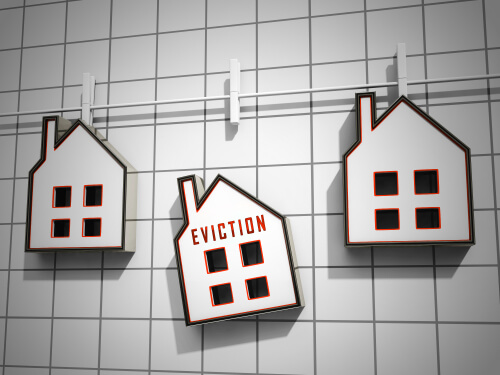As New York and the rest of the country have begun slowly emerging from stay at home orders in place to protect against the Coronavirus, real estate professionals are looking towards updating the way they conduct elements of residential real estate sales transactions. The Real Estate Board of New York (REBNY) has issued recommendations for New York City real estate agents based on guidance from New York State and City Health Departments and the CDC covering nearly every aspect of sales transactions. Below is a brief overview of what you may see in the course of your next residential real estate purchase.
Accessing the Property In-Person
If in-person showings are imminent, not only are agents to abide by building and management protocols for showings, it’s also recommended they obtain signed limitation of liability forms from anyone visiting the property in-person. The form advises of potential COVID-19 exposure risks and requires the signatory to assume the risk of visiting the property.
General New York Real Estate Showing Precautions
Agents should require everyone attending an in-person showing to complete a health screening questionnaire to determine if anyone:
- Has received a positive COVID-19 test in the last 14 days
- Experienced any COVID-19 symptoms in the last 14 days
- Knowingly been in close contact with anyone who has tested positive for or had symptoms of COVID-19 in the last 14 days
To comply with Fair Housing regulations, any agent taking this step must uniformly implement it with everyone prior to all in-person showings.
Not only are social distancing guidelines to be followed at all times, agents showing any spaces too small to conform with the 6-foot guidelines should schedule additional showings to accommodate all parties.
Seller’s Agent Requirements and Guidelines
Per the CDC and other health authorities, there are some protocols a seller’s agent must comply with when in-person showings occur:
- No handshakes.
- The seller’s agent must clean and disinfect all frequently touched surfaces and areas before and after each appointment
- The seller’s agent must also provide hand sanitizer or soap and paper towels to all visitors on arrival.
- The seller’s agent may not permit a buyer or their agent to touch anything in the property except essential surfaces such as handrails.
- The seller’s agent should, when possible, open windows to introduce fresh air.
- The seller’s agent, along with all other parties, must wear face coverings. Failure to bring a face covering may be cause for cancellation or postponing the showing without penalty or prejudice.
- Anyone may cancel without penalty or prejudice if they are presenting COVID-19 or flu-like symptoms.
New York Real Estate Attorney
Buying residential real estate in New York was complicated enough prior to the onset of the Coronavirus pandemic. The alternation of the showing and sales process has made it difficult to keep up with what is expected of you not only as a potential seller or purchaser, but as a real estate agent as well. If you are unsure of your rights, responsibilities, or the process of residential real estate sales in the current climate, the experienced New York real estate attorneys at MOWK Law are here to answer your questions. We can evaluate your unique situation, provide counsel on the appropriate course of action, and look out for your best interests. Contact us today to learn more and get started.










